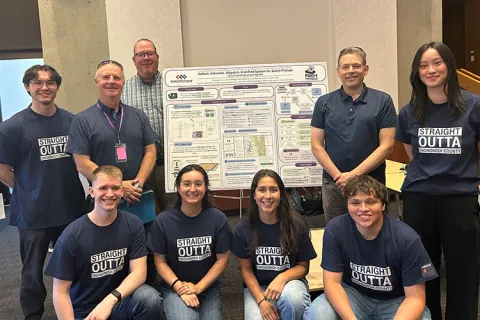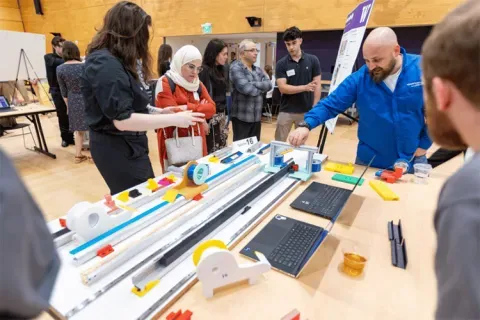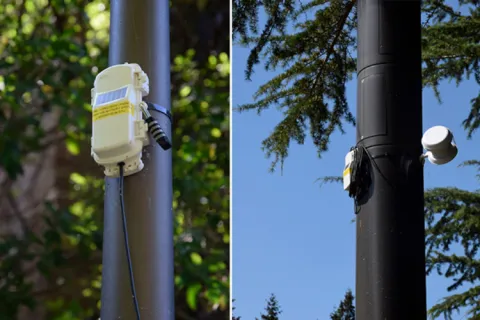PACCAR
BEV Range Estimation Tool - Part 3
Battery Electric Vehicles (BEVs) are a hot topic in the world of automotive engineering. "Energy" is not as disposable as it was with internal combustion engine vehicles. Drivers are very calculated and methodical while preparing routes so as not to run out of battery energy while driving to avoid having to wait while charging. The BEV range estimator tool this student team will work to create will take away this range anxiety from the drivers and give them an accurate value for the miles they can travel. This student team will work to complete all of the following tasks: Task 1: Develop a MATLAB Simulink based powertrain model for a BEV using performance information. Task 2: Use time-series vehicle data to predict the energy consumption of a vehicle. Task 3: Compare the energy consumption estimation and prediction from Task 1 and Task 2. Task 4: Create a user interface that allows inputting a drive cycle and initial SOC and output a graphical representation of the estimate range of the vehicle. Task 5: Link the front end UI to the back end model developed in Task 1 or Task 2 for computation. Task 6: Validate the end model developed on an engineering truck or in a simulated environment. (Note that these tasks do not need to be started or completed in the order mentioned above.) The outcomes this student team will work to determine include: - Prediction of energy consumption of a vehicle - A range estimation tool - An analysis report detailing the findings of the energy consumption of a vehicle and a range estimation tool
Faculty Adviser(s)
David Laning, Electrical & Computer Engineering
Related News

Mon, 10/13/2025 | UW Mechanical Engineering
Capstone collaboration leads to award
An ME capstone team received first place for its energy audit of the UW School of Social Work building.

Thu, 07/17/2025
UW engineering students develop smart ballot solution
UW engineering students develop smart technology solution to improve ballot collection for Snohomish County.

Mon, 07/07/2025 | UW Mechanical Engineering
Capstone creations
Students displayed innovative capstone design projects at the 2025 expo.

Fri, 09/20/2024 | UW Civil & Environmental Engineering
Smarter irrigation for a greener UW
A new project combines satellite data with ground sensors to conserve water and create a more sustainable campus environment.